I thought the first time I came across Hrvoje Morić was when he interviewed Daniel Natal, which was also when I first came across Natal.
But now I’m thinking the first time was a while back when he interviewed Denis Rancourt.
Waking up is a curious process, it’s like a dream really. You are floating, as you transition from on reality to the next. Faces blur and names don’t stick, and then when you are settled into the new reality people, faces and names start falling into place.
Hrvoje Morić’s has now fallen into place.
To those that don’t know who he is, Hrvoje runs the Geopolitics & Empire website, newsletter and podcast. His work is definitely worth following.
Hrvoje is not only an important voice in the geopolitical media space, but he is also a thorn in Empire’s paw, arguably the biggest compliment there is to the importance and reach of his work.
You know I’m interested in Empire, as God knows you hear me talk about it often enough, and so I reached out to Hrvoje requesting an interview and was delighted that he agreed.
It’s a far reaching interview that was illuminating for me and I’m hoping will also help you not only better understand geopolitics, but also, via his ongoing work, better understand what is going on in the world and what “they” are doing through a geopolitical lens. Most of what goes on in the news makes much more sense through a geopolitical sense.
With that, and with much thanks and gratitude I give you Hrvoje Morić.
Early Influences: "Growing up between the United States and Yugoslavia/Croatia, how did these diverse cultural experiences influence your initial interest in international relations and geopolitics?"
I’m not sure if growing up between the USA and Croatia influenced my interest in IR and geopolitics INITIALLY, but I feel blessed to have grown up multicultural and bilingual. In life I have found that knowing more than one language is extremely important and fascinating...it allows you to enter a new doorway...to experience a new world and new culture and ultimately a new way of seeing. When I was in Peace Corps Mongolia, someone said that you don’t know your own culture until you’ve lived outside of it and looked into it from without. I think this ultimately allowed me to better understand that America was an empire, etc. But I would say that the extreme nostalgia and sentimentality that I harbor for my Croatian homeland did begin to perk my interest when it came to history (I have a Bachelor’s in History), IR, and geopolitics.
My Croatian grandfather (on my father’s side) was a powerful figure for me. He was a manly man, characterised by grit and toil and the old world. He continued using the outhouse even though he had a modern toilet! From 1941-44 Croatia became a Nazi regime. Apparently, my grandfather had been a prisoner of that regime for 6 months. I’m told he was held in poor condition (e.g. a hole in the ground). He survived and did ultimately die of old age. One rumor about him was that he had always been an honest man, despite his other flaws. That influenced me to seek to have grit, work hard, and be honest.
Then I heard a story of my great-grandfather on my mother’s side. Apparently, WWI had ended, but in his region of Croatia, fighting had still ensued, and a bomb dropped on his courtyard killing him. The irony.
And then we had the war that broke out in the 1990s. We still visited Croatia during the war and attempted to move back to Croatia from the USA for the first time in 1994 where we stayed for 6-12 months (can’t recall how long exactly). My mother’s twin brother fought in the war, being one of the first volunteers in Vukovar, one of the cities most devastated and near the border with Serbia. I recall my uncle, who was a black belt, often training at home. There would be a pile of firewood for the cold northern Croatian winter where he would practice throwing a giant army knife akin to the one Arnold Schwarzenegger possessed in the film Commando. We would watch all the action movies (e.g. Chuck Norris, Steven Seagal, Van Damme, Schwarzenegger, Stallone).
My first two years of high school were back in Croatia, in Zadar (where Krist Novoselic of Nirvana also lived and went to school!). I ultimately graduated high school in the USA, and it took me a while to decide what to study at university. But when I had to eventually choose my major during my first year of general courses, my gut told me that one thing I loved for certain was history, so that was it. Then I pondered what I might do with a history degree, and I thought I would become a teacher.
Peace Corps Experience: "What insights and perspectives did you gain from your time with the Peace Corps in Mongolia, and how did this experience contribute to your career path in geopolitics?"
Mongolia was the time of my life. In the early 2000s, I began going down the conspiracy rabbit hole. Eventually I learned America was an empire, 9/11 was an inside job, the Federal Reserve was private, etc. And I had decided I wanted to travel the world and permanently expatriate from America. Peace Corps was my best ticket out. I was initially most interested in the Middle East but would’ve had to wait at least 6 months to be deployed, and instead settled on Central Asia.
For years back home, I would visit my local library and borrow hundreds of CDs of world music and foreign films, immersing myself in foreign and world culture. I was obsessed with learning as much as I could about the world. In the early 2000s I was watching Akira Kurosawa, Andrei Tarkovsky, and Ingmar Bergman films. I ultimately came across a documentary that blew my socks off called Genghis Blues. It happened to have been produced by two Croatian brothers. It followed the journey of blind Californian blues musician Paul Pena to Tuva, Mongolia’s northern neighbor. Watching Paul travel in Tuva and learn khoomi (throat singing) blew my mind. Tuva and Mongolia share practically the same culture and so that’s how I was influenced to choose Mongolia. On top of that, the Mongol Empire had been the largest in terms of territory, so perhaps that began to further my interest in all things empire.
The Mongolian people were amazing. I was intermediate in the Mongolian language and I lived in a yurt in the Gobi. I had a Mongolian girlfriend. I ate marmot1 (which still to this day carries the Black Death or bubonic plague). I thought I was coming to teach them, but in the end, they taught me so much about life!
In Mongolia I learned a bit about IR and how things like NGOs and international organizations work. I also learned how intelligence agencies use NGOs for cover. I learned of all the many ways people became successful in their careers during and after serving in something like Peace Corps. People would later enter government service or work for non-profits or go into the corporate world or work for the deep state. At that time I must’ve learned about John Perkins2, the famed economic hitman, who had been a Peace Corps volunteer before going to work for the empire. On my podcast and radio show I’ve interviewed John at least three times by now...it’s quite amazing how later in life I have had the opportunity to speak with and even meet many of my intellectual heroes...the people whose books opened my eyes (e.g. G. Edward Griffin, Daniel Estulin, Ron Paul, William Engdahl, Daniele Ganser).
Daniel Estulin
I was a wide-eyed young man wanting to save the world...I was a fan of Amnesty International, Democracy Now, ACLU, and all these sorts of outfits. But later I learned how all these organizations were taken over and corrupted by the globalist elite. And ultimately I came to the conclusion that...this idea of trying to save people in foreign lands...was a bit of a fool’s errand. Often people were doing alright out there in the world, all they really wanted was a better economy. I think it’s better to focus on one’s local community.
Ron Paul
After Peace Corps I did my Master’s in International Relations in Geneva, Switzerland. I was a staff assistant at the EU and UN and was at the 62nd World Health Assembly during the fake 2009 “swine flu pandemic”. Some of my professors included ex-CIA guys, Saddam Hussein’s defense lawyer, Yasser Arafat’s brother-in-law, and the awesome Alfred de Zayas3.
Over time I learned about the deep state and how essentially corrupt everything was (e.g. governments, international organizations, academia). I became pretty cynical! And I ultimately did not wish to pursue work in government or international organizations, since I felt it all was under the influence of empire and globalism...I did not want to corrupt myself...and so decided to do something where I felt I could keep my innocence: teaching. And so upon graduating I got hired to teach at the Tecnológico de Monterrey in México.
Podcast Genesis: "What inspired you to transition from teaching and international relations to starting the Geopolitics & Empire Podcast, and how did you envision its impact?"
The podcast originated in 2012 and was formalized around 2015. It was merely a moonlight hobby and passion project that I started while I was teaching. I’m naturally an introvert and so I never desired to become a YouTuber or anything like that. I only had a burning desire to speak to intellectuals and learn the truth of how the world works...and so I thought I would start by Skyping experts into the classroom (because there was no one around me really who was intellectual and into these sorts of things). I was flying by the seat of my pants really...learning how to podcast as I went and making many mistakes.
My first channel was Dissident Thinker where I interviewed people like Dr. Paul Craig Roberts, Ray McGovern, James Bamford, Lord Christopher Monckton, Robert “Father of the North American Union” Pastor, etc.
I had no other aspiration for the podcast other than to do it for fun and viewed it as possibly something that would add to my credibility and experience as a teacher and professor.
In 2017 I went on a “citizen’s peace diplomacy” trip with 30 Americans for 3 weeks to Russia with Sharon Tennison’s ‘Center for Citizen’s Initiatives’. We got to hang out with Mikhail Gorbachev among other interesting folks (e.g. Vladimir Pozner). It’s funny, Gorbachev was supposed to attend my Geneva graduation in 2009 (he was to receive an honorary degree). He couldn’t make it, but his right-hand man Pavel Palazhchenko made it instead. Pavel was with us in 2017 in Moscow.
Upon returning from Russia, I got hired to teach at Nursultan Nazarbayev’s Intellectual School in Semey, Kazakhstan in 2017. I of course said heck yes! Dostoevsky spent 5 years in Semey. And Semey was just outside the Polygon, the Soviet Union’s principal nuclear test site where Stalin dropped the first of 500+ bombs. I got to actually traverse the Polygon and stand in one of many ‘ground zeroes’. And so during this time my podcasting was simply a hobby.
Polygon
Interview Highlights: "Among the numerous interviews you’ve conducted, which ones have had the most significant impact on you personally or professionally, and why?"
Things started to really get crazy in 2020. Before that, some of my big interviews were with people like Jim Rogers, William Engdahl, Paul Craig Roberts, and many such others.
But probably the biggest was my January 2020 interview with Dr. Francis Boyle. I had been the very first to ask his opinion on COVID1984 as I call it. The interview was published January 2020 and it blew up with 300,000+ views on YouTube before being deleted. It was immediately reposted everywhere and likely seen millions of times. Great Game India helped by sharing it.
Then the next day my face was on the front page of Alex Jones’ Infowars! Alex was doing a play-by-play of my interview with Francis Boyle...it was surreal! Eventually the Associated Press did a hit-piece on Boyle and mentioned my podcast. That article was co-written with the Atlantic Council, NATO’s think tank. About a week later I was banned from Patreon. Later in 2020 and 2021 a number of people I interviewed would get hit-pieces written on them because of appearing on my podcast. In 2020 The Times attacked Piers Robinson after appearing on my podcast. In 2021 The Telegraph attacked Robin Monotti and cited his appearance on my podcast. I even interviewed C.J. Hopkins early on who had told me his video interview with me was probably the first time he did an interview in video format. I really felt proud of my podcasting because I felt I had been on the cutting-edge of the infowar and had the receipts to prove it!
Probably one of my favorites was my interview in 2020 with historian Edwin Black4 on what he calls the “Algorithm Ghetto” (e.g. social credit system). I view him as a very serious person and renown scholar and felt privileged to have had him on. His term Algorithm Ghetto for the Social Credit System is my favorite and I have been using it exclusively ever since.
Ed Griffin
There are too many other great guests for me to name here (e.g. Alex Krainer, Ed Griffin, Miklos Lukacs, Dr. Robert Epstein). And I am featured in Francis Boyle’s latest book Medical Tyranny, the 1st chapter is a transcript of our conversation. I also had people like Ron Unz reach out to me to come on my podcast and I am briefly mentioned in his book as well. I have had agents for people like Robert Kaplan book him for my podcast. The craziest was David Rubenstein who works with WEF in the top echelons of globalist power. An agent for Rubenstein asked if I would have him on my podcast! I said yes...but later they did not follow up, I assume because they figured out I am anti-globalist. I’ve also had the director of the European Council on Foreign Relations on as well as the former director of Chatham House/Royal Institute for International Affairs on, Victor Bulmer-Thomas5. I try to straddle the wire and get on both mainstream or establishment figures as well as dissident intellectuals.
In 2022, Geopolitics & Empire made news again...national Dutch news! My interview with Thierry Baudet6 of the Forum For Democracy went sort of viral where I had even Le Monde citing Geopolitics & Empire and the media taking out of context what Thierry was saying to try and attack him. Dutch media even contacted me asking for permission to use clips of my podcast to attack Thierry. Of course I said no.
Covid-19 Insights: "During the COVID-19 pandemic, you engaged in some controversial discussions. How did this period influence your approach to geopolitics and information dissemination?"
Well, I really started butting heads with the establishment. Which on the one hand, is a virtual purple heart for me (as my regular guest and Vietnam vet Bob Moriarty says). I’m proud of the fact that my work has been deemed important enough for the Military-Industrial-Complex to take note and censor me! I feel like that means I’ve been having an impact as a dissident. On the other hand, it is a bit unnerving! So in April 2022 when the DHS rolled out the defunct Disinformation Governance Board, I got banned from PayPal together with Consortium News and Mintpress News. I actually got contacted by Kim Iversen and Matt Taibbi who reported on my deplatforming.
Four months prior to that, December 2021, I had spent thousands of dollars on a new website and integrating PayPal into the website for a membership option which I was going to attempt to use to build a following and to try and make a full-time living off the podcast alone. It’s funny, I was telling my Mexican web developer that I might get deplatformed off PayPal and that he should integrate other alternatives. I think he thought initially I was crazy, but four months later my prediction came true.
At the time I was out of a job, my contract in Kazakhstan had finished in August of 2021. Luckily, in March of 2022, one month before my PayPal deplatforming, I got picked up by TNT Radio, which was just getting off the ground. All this censorship essentially has just made me want to double-down on telling the truth! I feel have had much greater impact in my field of IR as a dissident podcaster and radio host than I would have had as a professor and academic, where you are confined to the narrative and punished (e.g. I had my university courses taken from me for 1-2 semesters because of a globalist department director).
Censorship Challenges: "Given the censorship and pushback you’ve faced, particularly from mainstream platforms, how do you navigate these challenges while maintaining the integrity of your content?"
Simple. I just keep on trucking. You just keep taking the hits. As Stallone said in Rocky: “it ain’t about how hard ya hit. It’s about how hard you can get hit and keep moving forward. How much you can take and keep moving forward. That’s how winning is done!” I do believe at times I have to choose my battles.
There are still enough alternative platforms to allow me to continue producing content. However, that is also changing. My podcast hosting provider SoundCloud, who I have been using since the start, just deleted one of my episodes last week and has threatened to delete more. That certainly does not bode well.
But ultimately, for me, it’s not about the money, which is why I can maintain integrity. I don’t care about the money. If someone offered $1 million to steer me toward something I don’t believe in, I would flat out reject it. I don’t care.
That’s not to say I don’t need help, yes, please people, send me some donations or become a paid subscriber on the Geopolitics & Empire Substack, lol!
But this also pushes one to evolve...I haven’t had time yet, but I will be creating merchandise for Geopolitics & Empire and exploring other avenues with which to be able to monetize the podcast.
And I also honestly do not care about the status or whatever fame or recognition I may have. I’ve also gotten a bit tired of the space after so many years. I would be perfectly happy to stop podcasting and disappear and sell tacos (not kidding!) or just retire to some rural area and work on other things and focus more on life offline.
Global Perspective: "In your view, what are the current critical geopolitical issues that the world is facing, and how are they shaping international relations?"
For me it’s always about World Government or World Empire. Particularly as a Christian. I view that the world is on a downward spiral until the return of Christ. And the end goal of Satan is to attempt to achieve global control regardless of how much havoc he creates along the way. The more the better. And so many things happening right now ultimately serve the same purpose: global government.
I believe the manufactured pandemic was used to push toward world government and the installation of technocratic systems toward that end. The elites cry about “climate change’ and say the solution is world government. They also write in their papers that a series of limited wars can be used to achieve world government. Or a global financial crisis.
And so for me the biggest problems are world government and the Algorithm Ghetto (e.g. technocracy, scientific dictatorship, social credit system). This digital control grid is what Aldous Huxley referred to as the “final revolution”. And with the world government you have nowhere to escape to. So for me these are our greatest threats. Yes there will be wars, but as Jesus said, there has always been war and there will continue to be war.
We are seeing tectonic shifts in the international system, but I feel they all are moves toward world federation or world government. For me, BRICS and multipolarity are part of the globalist agenda. My past guests like William Robinson and Iurie Rosca and Riley Waggaman agree.
Personal Impact: "Reflecting on your journey, what has been the most personally fulfilling aspect of your work in geopolitics and international relations?"
As alluded to earlier, that I have been able to work successfully in my field, independently and in dissident fashion, doing it my way as Frank Sinatra said. And being successful despite my former places of employment and academia attempting to censor me. I am so happy that I’ve been able to be successful outside of that system and have an even greater impact.
And I’m so grateful and amazed that I’ve been able to pretty much meet all of my heroes. I feel like I’ve made it to the top of the mountain and now I can go do something else.
Patreon Account Termination: "The termination of your Patreon account must have been a significant challenge. Can you discuss the immediate financial impact of this event and how it affected the operation of your podcast?"
2021 I was on the last year of my teaching contract in Kazakhstan and was dreaming about trying to make a living solely off of podcasting (which I still can’t by the way). With Patreon, I was slowly but steadily growing a subscriber-ship. But then Patreon froze my account because of two interviews they cited, one with Dr. Mark Sircus and the other with Robin Monotti. They said I went against CDC or WHO guidelines or whatever usual nonsense. They wanted me to delete those interviews permanently from the face of the entire internet! I was laughing. There was no way I was going to do that.
And so the person at Patreon emailed me a second time warning me and I replied shaming them and then asking them that if they aren’t going to delete my account already, shall I do it for them? And for a few years the account remained frozen and then I ultimately just decided to delete and close the account.
The problem is, that every time you start using a platform, in this case Patreon, you begin to build momentum, and when they shut you down, you lose momentum and time and money and energy and have to start again. Meanwhile, some of the subscribers do not follow you to your new and alternative platform. It’s like being Sisyphus.
Rancourt's Geopolitics Study: "Are you aware of Denis Rancourt's 2019 study on geopolitics, which discusses the successive eras of globalization and their socio-economic impacts, including the historical emergence of climate change, gender equity, and anti-racism as state doctrines? What are your thoughts on the main themes and thesis of this paper?"
Yes, I have interviewed Rancourt twice and we discussed that. He was also one of my favorite interviews. He really made me think with his novel ideas and theses. He was saying things like that Covid was really for population control and preparation for war with China. That blew my mind and I think he really is on to something.
Understanding Modern Empire: "Based on all the interviews you've conducted and everything you've learned, how would you explain, in a few paragraphs, to someone new to the subject, what is going on in the world in terms of empire and global geopolitics?"
Well, first off, we have a deep state. An ancient deep state. It’s a parallel structure...we have the government we see on television, and then we have a parallel government in the shadow that truly runs things. In fact, years ago Wikileaks leaked a Bulgarian government report where the government actually investigated itself and discovered that there was a parallel government...two governments, the one you see and the one you don’t...and that invisible government runs everything.
James Lindsay at a Sovereign Nations conference explained that this group is essentially a gnostic cult that goes back to ancient times. This overlaps with a lot of evidence that these groups are linked to occult freemasonry and what not. And it also for me gels extremely well with the Christian worldview and biblical perspective that we’ve had a dark force, Satan, directing world history since the Garden of Eden.
And a number of folks I’ve interviewed, including Kris Millegan of Trineday and Emmanuel Pastreich explain how all of the world’s governments have been penetrated to certain extents by this global elite force.
I believe a good analogy is that there are no good guys...all these actors and all countries are like Mexican cartels or mafias...where they share the same ideology and methods (e.g. globalism, violence, theft, murder) but they don’t want to be subordinate to the other, so they vie for power at the same table (e.g. the West wants Russia and China to be subordinate but the East rejects that).
Oligarchy and Empire: "What are your views on the relationship between oligarchy and empire? Do you believe that empires are, in essence, the manifestation of networked oligarchic interests? In this context, how should we best understand China's role? Is China a true competitor to the Anglo-American establishment, or has it been incorporated into a new global empire framework where apparent tensions are merely theatrical?"
Yes, I think you explain that well (e.g. empire = extreme concentration and externalization of the oligarchy). In some ways historically perhaps it’s inevitable...as over time more wealth is concentrated and technology develops...we eventually end up with globalization and world empire.
On China, I agree with your later statement. Like I said earlier, I think China is clearly down with the technocracy (e.g. think COVID1984) and Agenda 2030...BUT, I believe China wants to be an equal globalist partner...so that’s where the friction is. If Washington/London/Brussels prefer to have Beijing as a subordinate, than we can have war.
US Dismantling Hypothesis: "How do you interpret the perceived purposeful collapse and dismantling of the United States? Is this a strategic move in the building of a new supranational framework, where the US has served its purpose and is now being weakened and dismantled for broader geopolitical objectives?"
Yes, precisely, a move toward supranationalism, that is the #1 goal. You can’t have world government while a strong polity like the U.S. exists, so it must be weakened. Furthermore, I think they are using the Yugoslav model. Yugoslavia was broken up into little pieces (through a civil war) and those pieces re-integrated into the European Union. Croatians call the EU “Euroslavija”.
Now look at what’s happening in the USA. They are creating again a civil war and secession scenario...so that they can then re-integrate the pieces into a North American Union. AMLO7 has specifically been calling for a North American Union modeled on the EU. As have other Latin American leaders like Bukele in El Salvador and the rest in South America.
Future Scenarios: "Based on your extensive study and interviews, what are some potential scenarios you foresee for global geopolitics in the next few years?"
Total chaos, lol! More war. Severe economic deterioration. Energy problems that will affect us all. And in general governments becoming more authoritarian...pushing digital ID, a cashless society, taking away our cars, etc. It might in some ways turn out like the 1985 Kafkaesque dystopian film Brazil. It will be like my past guest Joe Allen said...idiocracy run by algorithms. And more push toward supranationalism, the public-private partnership which essentially is the world government (e.g. Blackrock, WEF, UN, World Bank, IMF) usurp what remains of our individual and national sovereignty.
But I’m chipper! I say...Klaus...bring it on!
Future Aspirations: "Looking forward, what are your aspirations for the Geopolitics & Empire Podcast and your personal career in the field of international relations?"
I hope that at some point Geopolitics & Empire can become financially self-sustaining and that perhaps I can build out new projects for G&E. I’d love to do a Spanish version podcast, but I simply don’t have time. But as I’ve also mentioned, at this juncture, I would be happy also to withdraw and focus on other things...but even if I did that I might still keep G&E going with a once-in-a-while blog post and podcast, etc.
Thank You for Being Part of Our Community
Your presence here is greatly valued. If you've found the content enriching, please consider supporting it through a paid subscription. While all our resources are freely available, your subscription plays a vital role. It helps in covering some of the operational costs and supports the continuation of this independent research and journalism work.
Discover Our Free Libraries:
Unbekoming Interview Library: Dive into a world of thought-provoking interviews across a spectrum of fascinating topics.
Unbekoming Book Summary Library: Explore concise summaries of groundbreaking books, distilled for efficient understanding.
Hear From Our Subscribers: Check out the [Subscriber Testimonials] to see the impact of this Substack on our readers.
Share Your Story or Nominate Someone to Interview:
I'm always in search of compelling narratives and insightful individuals to feature. Whether it's personal experiences with the vaccination or other medical interventions, or if you know someone whose story and expertise could enlighten our community, I'd love to hear from you. If you have a story to share, insights to offer, or wish to suggest an interviewee who can add significant value to our discussions, please don't hesitate to get in touch at unbekoming@outlook.com. Your contributions and suggestions are invaluable in enriching our understanding and conversation.
Resources for the Community:
For those affected by COVID vaccine injury, consider the FLCCC Post-Vaccine Treatment as a resource.
Discover 'Baseline Human Health': Watch and share this insightful 21-minute video to understand and appreciate the foundations of health without vaccination.
Books as a Beacon of Knowledge: Recommend 'Official Stories' by Liam Scheff to someone seeking understanding. Start with a “safe” chapter such as Electricity and Shakespeare and they might find their way to vaccination.
Your support, whether through subscriptions, sharing stories, or spreading knowledge, is what keeps this community thriving. Thank you for being an integral part of this journey.
A marmot is a large rodent found primarily in the Northern Hemisphere, in areas such as North America, Europe, and Asia. They belong to the genus Marmota, which includes 15 species like the common woodchuck, the yellow-bellied marmot, and the Himalayan marmot. Marmots are known for their large size, robust bodies, short legs, and bushy tails. They typically live in mountainous or hilly areas and are often associated with alpine meadows. Marmots are herbivorous, feeding mainly on grasses, berries, lichens, mosses, roots, and flowers. They are also known for their social behaviour and hibernation habits, where they can hibernate up to half the year depending on the climate of their habitat.
John Perkins is an American author, best known for his book "Confessions of an Economic Hit Man" (2004). In this book, Perkins presents an account of his career with a consulting firm, Chas. T. Main in Boston. According to Perkins, his job was to convince leaders of underdeveloped countries to accept substantial development loans from institutions like the International Monetary Fund and the World Bank. These loans would then be used to pay for infrastructure projects carried out by American companies.
These projects were often designed more to benefit the economies of the developed nations, particularly the United States, rather than their host countries. This process served to trap these countries in enormous debt, ensuring their dependency on aid from the U.S. and other industrialized nations, and allowing for exploitation of their resources.
His book and subsequent titles, such as "The Secret History of the American Empire" and "Hoodwinked", explore themes of economic manipulation, corporate malfeasance, and the impact of globalization.
Alfred-Maurice de Zayas is an American lawyer, writer, historian, and a retired high-ranking United Nations official. Born on May 31, 1947, de Zayas is known for his work in the field of human rights and international law.
Education and Career:
De Zayas studied history and law at Harvard University, where he earned his Juris Doctor degree.
He also holds a Doctorate in History from the University of Göttingen in Germany.
United Nations Involvement:
Alfred de Zayas has had a significant career with the United Nations. He was appointed as the Independent Expert on the Promotion of a Democratic and Equitable International Order by the United Nations Human Rights Council, serving from 2012 to 2018.
In this role, he focused on issues related to human rights, international law, and the impacts of international relations on the realization of a democratic and equitable international order.
Academic and Legal Contributions:
He has written extensively on issues of human rights, including the protection of minorities, the prevention of genocide, and the right to self-determination.
De Zayas is also known for his work on the legal principles of the United Nations, particularly in the context of international law and treaties.
Authorship:
He has authored and edited numerous books and articles on international law and human rights. His scholarly work often explores the intersections of history, law, and politics.
Edwin Black is an American journalist and author, best known for his writings on human rights, genocide, and the history of eugenics. He has written extensively on the exploitation of technology, the Holocaust, and unethical practices in the corporate world, particularly during the 20th century. Some key aspects of his work include:
IBM and the Holocaust: Edwin Black's most well-known book is "IBM and the Holocaust", published in 2001. In this work, Black investigates the role of IBM, the American multinational technology and consulting company, in facilitating the Holocaust. He presents evidence that IBM's punch card and custom-built tabulating solutions were used to systematize and streamline the genocide of the Jewish population by the Nazis.
War Against the Weak: In "War Against the Weak" (2003), Black explores the history of the American eugenics movement in the early 20th century. He examines how this movement influenced Nazi policies and practices, including the development of their racial policies and the eventual implementation of the Holocaust.
Other Works: His other books cover a range of topics, including the history of oil politics ("Banking on Baghdad"), the U.S. car industry's move away from electric vehicles ("Internal Combustion"), and the exploitation of the Middle East for petroleum ("The Plan: How to Rescue Society the Day the Oil Stops—or the Day Before").
Awards and Recognition: Black's investigative journalism has garnered numerous awards. His writing is noted for its detailed research and his ability to illuminate complex historical connections.
Lectures and Public Speaking: Besides his writing, Edwin Black is known for his public speaking and lectures, where he discusses topics such as human rights, genocide, and historical injustices.
Overall, Edwin Black's work is characterized by a focus on historical investigation, particularly how corporations and governments have engaged in or facilitated unethical practices. His books and lectures aim to shed light on lesser-known aspects of history and their implications for the present.
Victor Bulmer-Thomas is a British academic, economist, and Latin America specialist. His work primarily focuses on the economic history and international relations of Latin America, and he has made significant contributions to the study of this region. Here are some key aspects of his career and work:
Academic Background: Bulmer-Thomas holds a distinguished academic record, with a focus on economics and Latin American studies. His scholarly work has been influential in shaping understanding of Latin American economic development and history.
Research and Expertise: His research often explores themes like trade, economic policy, and development in Latin America. He has a deep understanding of the historical and contemporary economic challenges faced by countries in the region.
Publications: He has authored several important books and numerous articles on Latin American economics and history. His works are widely respected for their depth of research and insight.
Professional Roles: Bulmer-Thomas has held various academic and professional positions. He has been affiliated with prestigious universities and research institutions, contributing to academic discourse on Latin America.
Contributions to Understanding Latin America: His contributions have helped to provide a more nuanced and comprehensive understanding of the economic and political complexities in Latin America. His work is often used as a reference in academic circles and by policymakers interested in the region.
Victor Bulmer-Thomas is recognized as a leading authority on the economic history of Latin America, and his work continues to inform and influence the field of Latin American studies.
Thierry Baudet is a Dutch politician, author, and academic, known for his role in the political landscape of the Netherlands. He is the founder and leader of the political party Forum for Democracy (FvD). Here are some key aspects of his profile:
Political Career: Baudet founded the Forum for Democracy in 2016. The party, under his leadership, has been known for its Eurosceptic, conservative, and nationalist policies. It initially gained prominence for its opposition to the European Union and advocacy for a Dutch exit from the EU (Nexit).
Academic Background: Before entering politics, Baudet had a career in academia. He holds a doctorate in law and has written extensively on various topics, including national identity, European integration, and democracy.
Publications: Apart from his academic publications, Baudet is also known for writing several books that discuss his political views and philosophy. These works often critique aspects of liberal democracy, globalism, and the European Union.
Electoral Success: The Forum for Democracy achieved significant success in the 2019 provincial elections in the Netherlands, reflecting growing support for Baudet's political agenda.
Overall, Thierry Baudet is a prominent figure in Dutch politics, known for his outspoken and often polarizing views on a range of issues affecting the Netherlands and Europe. His leadership of the Forum for Democracy has significantly impacted the political discourse in the Netherlands, particularly regarding the EU, national sovereignty, and cultural identity.
AMLO refers to Andrés Manuel López Obrador, the President of Mexico. He assumed office on December 1, 2018, and is known for his leftist political stance. Before becoming president, López Obrador was the Mayor of Mexico City from 2000 to 2005. He is the leader of the National Regeneration Movement (Movimiento Regeneración Nacional, MORENA), a political party he founded in 2014 after leaving the Party of the Democratic Revolution (PRD).
López Obrador's presidency has been marked by a focus on social policies aimed at reducing poverty, combating corruption, and addressing Mexico's economic inequality. He has also advocated for increased national sovereignty and has been critical of neoliberal economic policies. However, his comments on creating a North American Union modeled on the EU would represent a significant shift in regional politics, emphasizing cooperation and integration between Mexico, the United States, and Canada beyond the existing frameworks like the United States-Mexico-Canada Agreement (USMCA), which replaced the North American Free Trade Agreement (NAFTA).
His approach to governance is often characterized by a populist style, prioritizing the needs and voices of the ordinary citizens of Mexico. López Obrador's proposals and policies have generated significant debate both within Mexico and internationally, reflecting broader discussions on nationalism, regional integration, and economic policy.

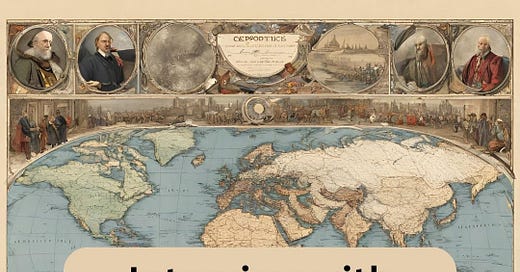



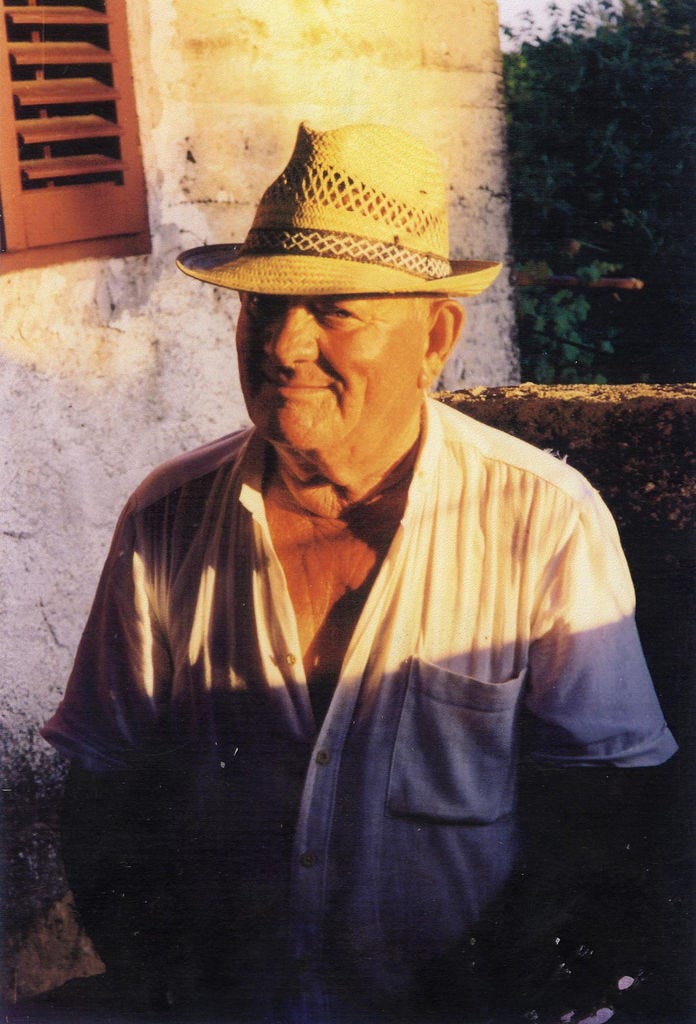
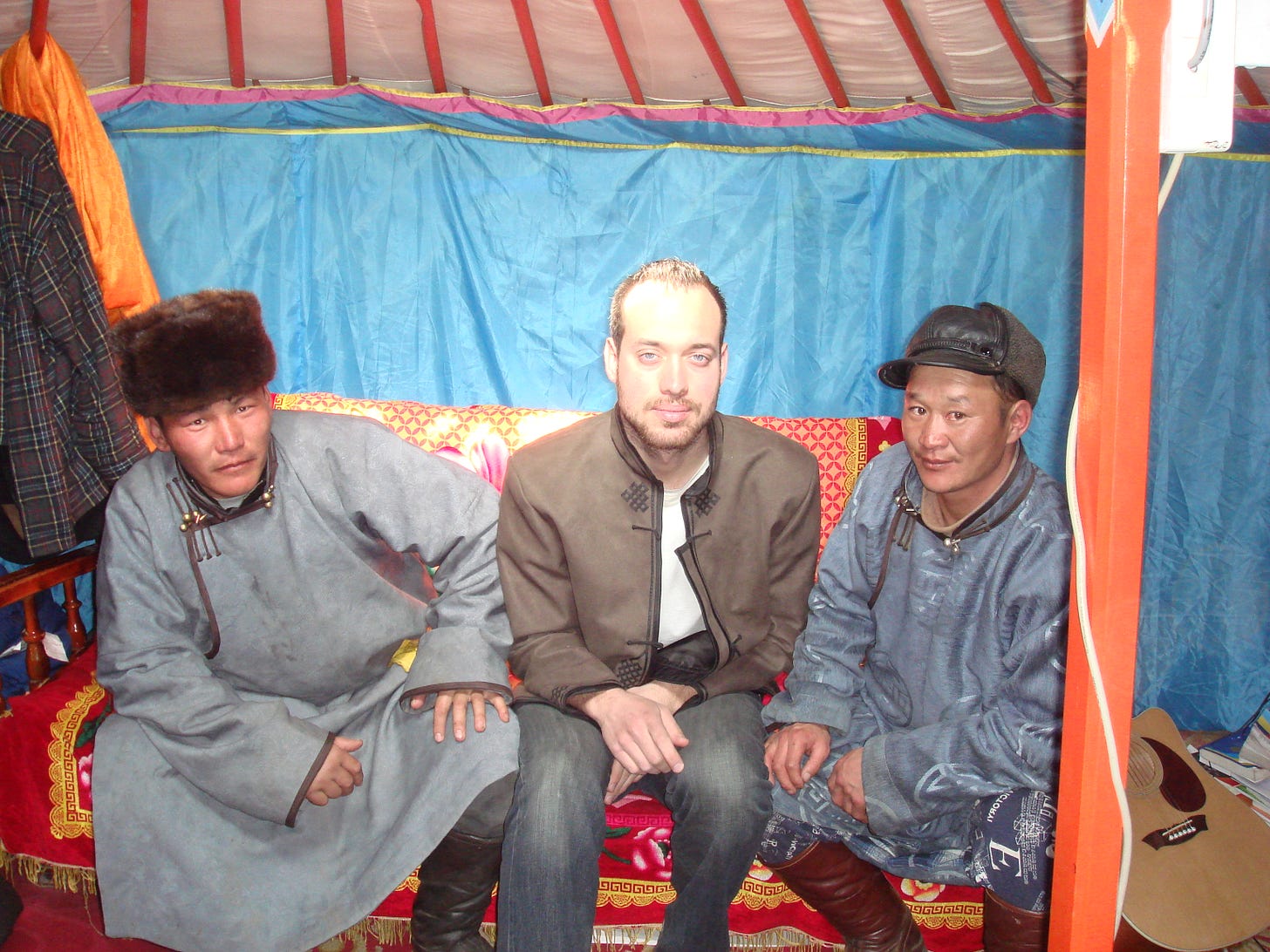
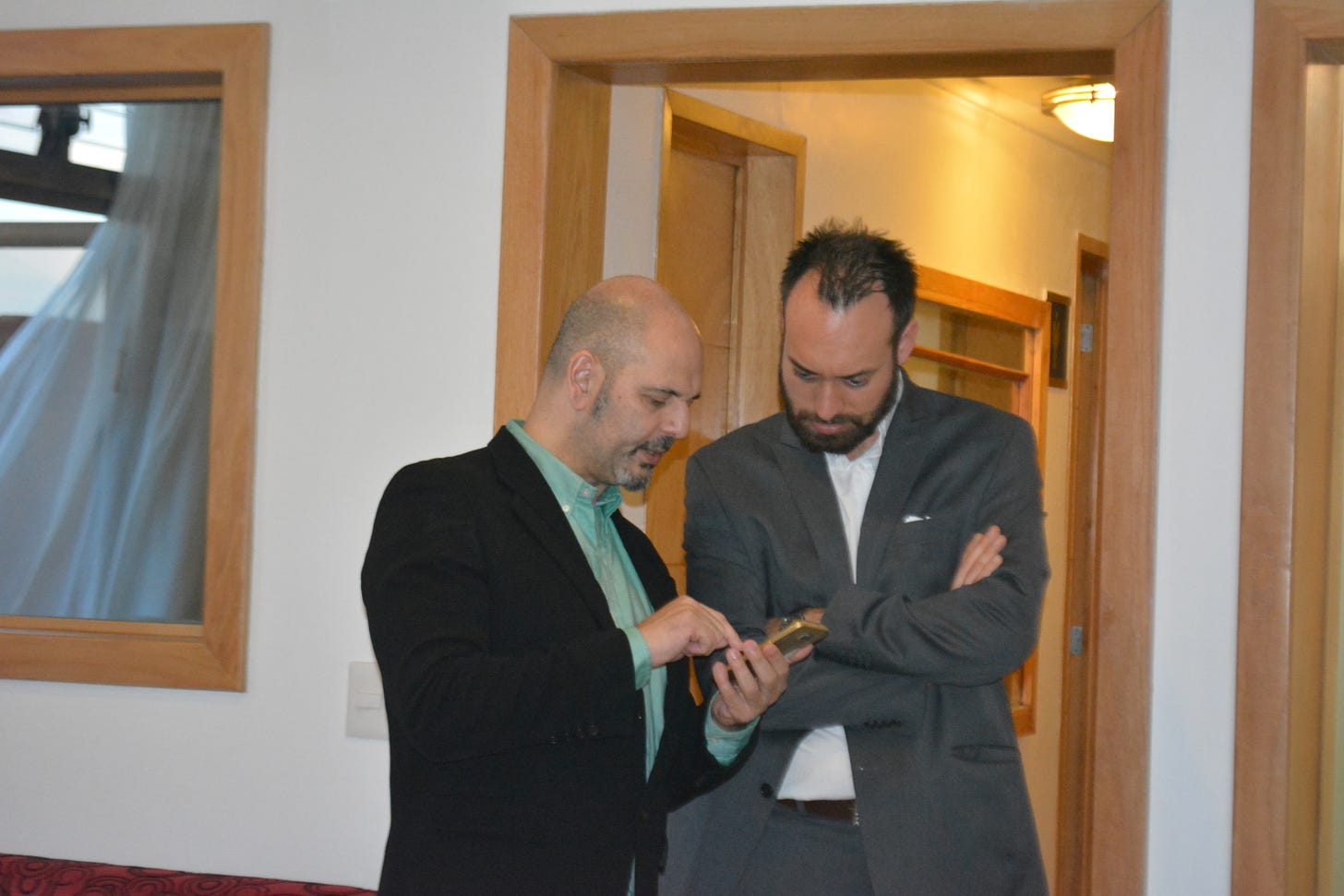
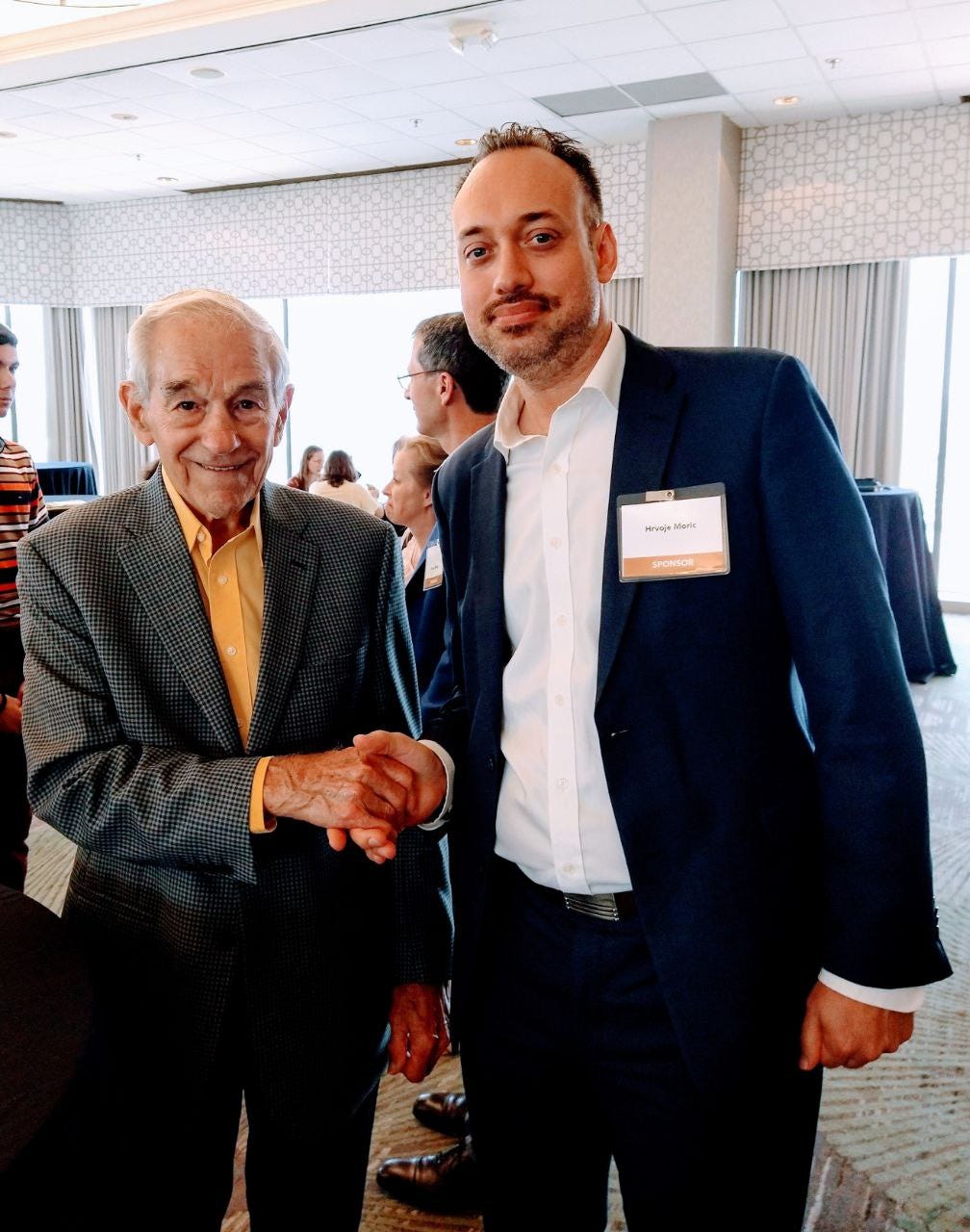
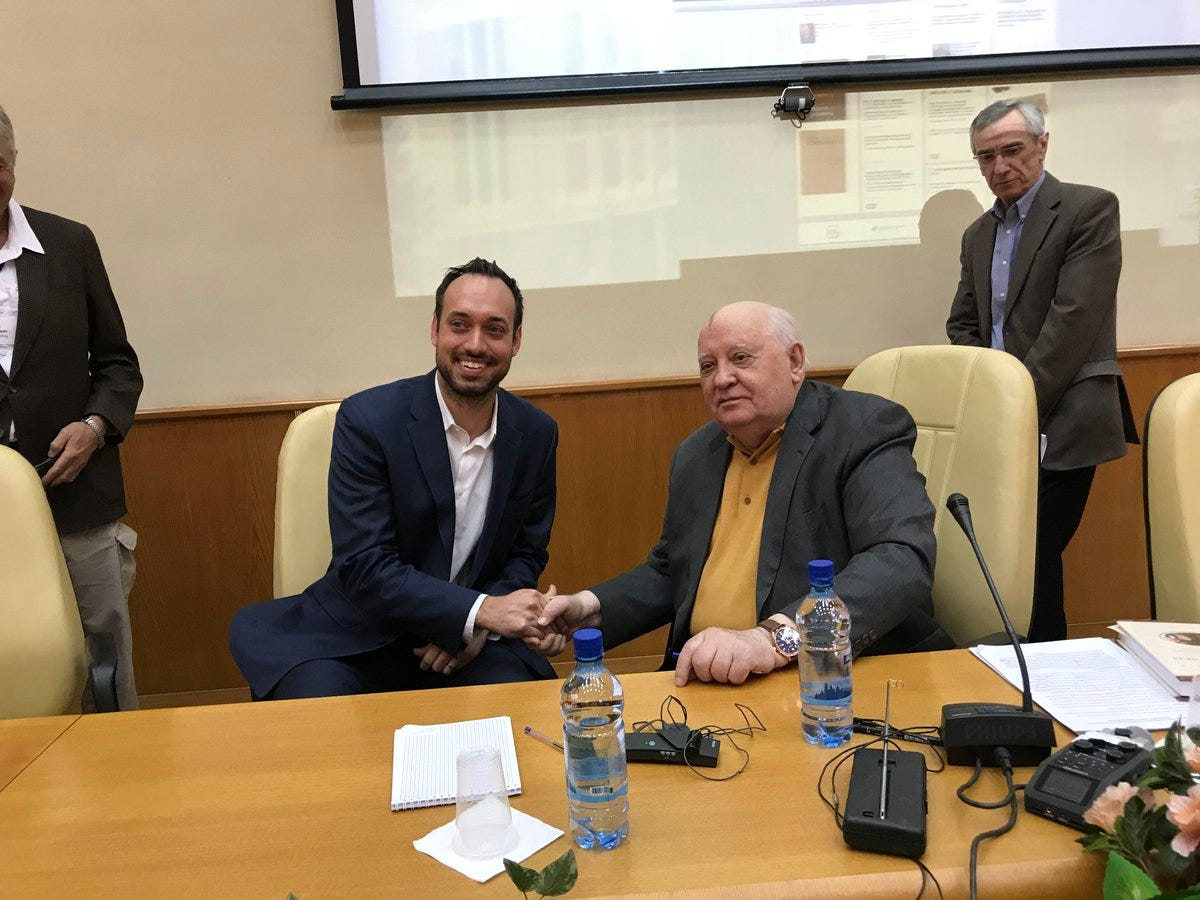
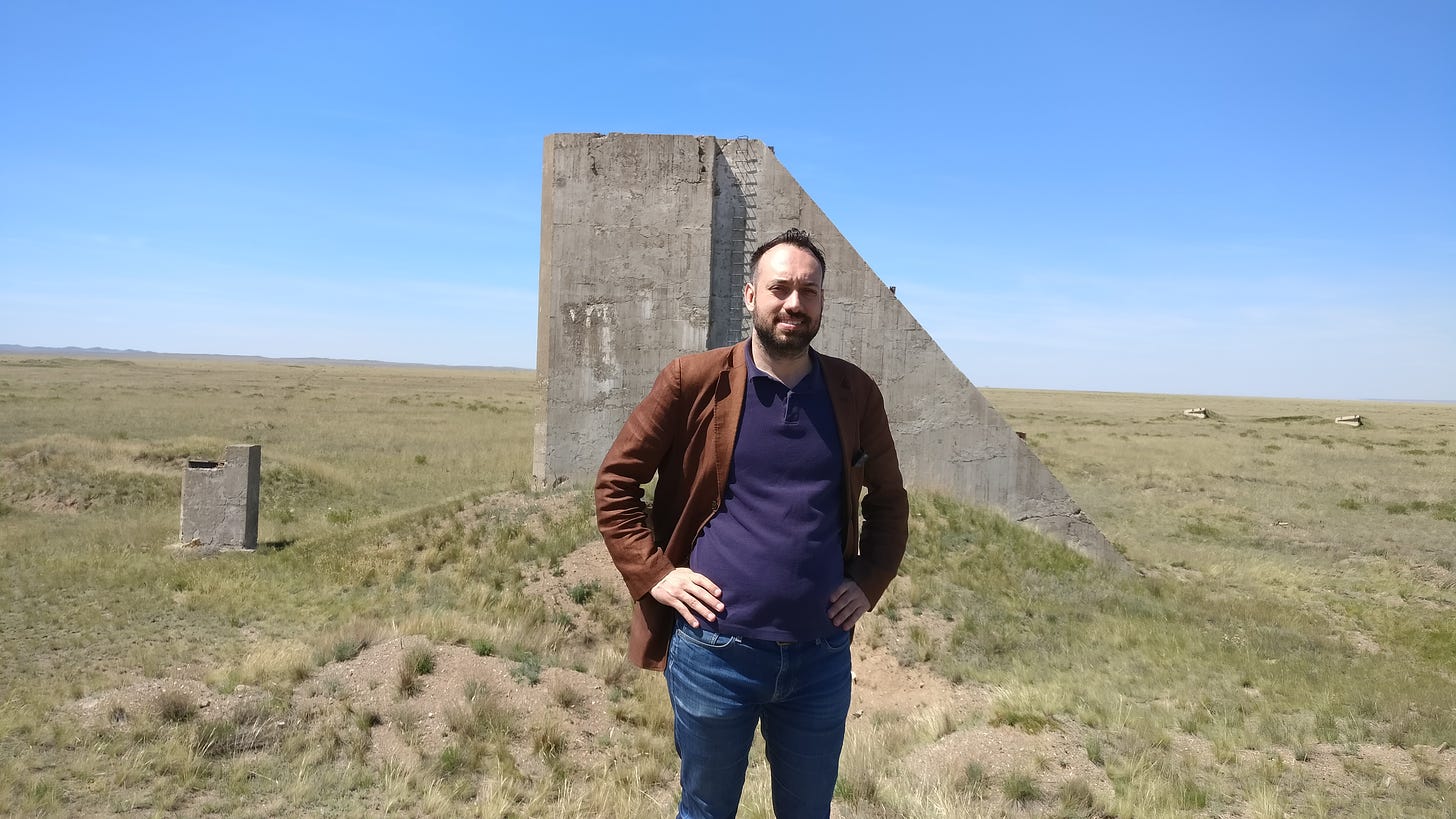

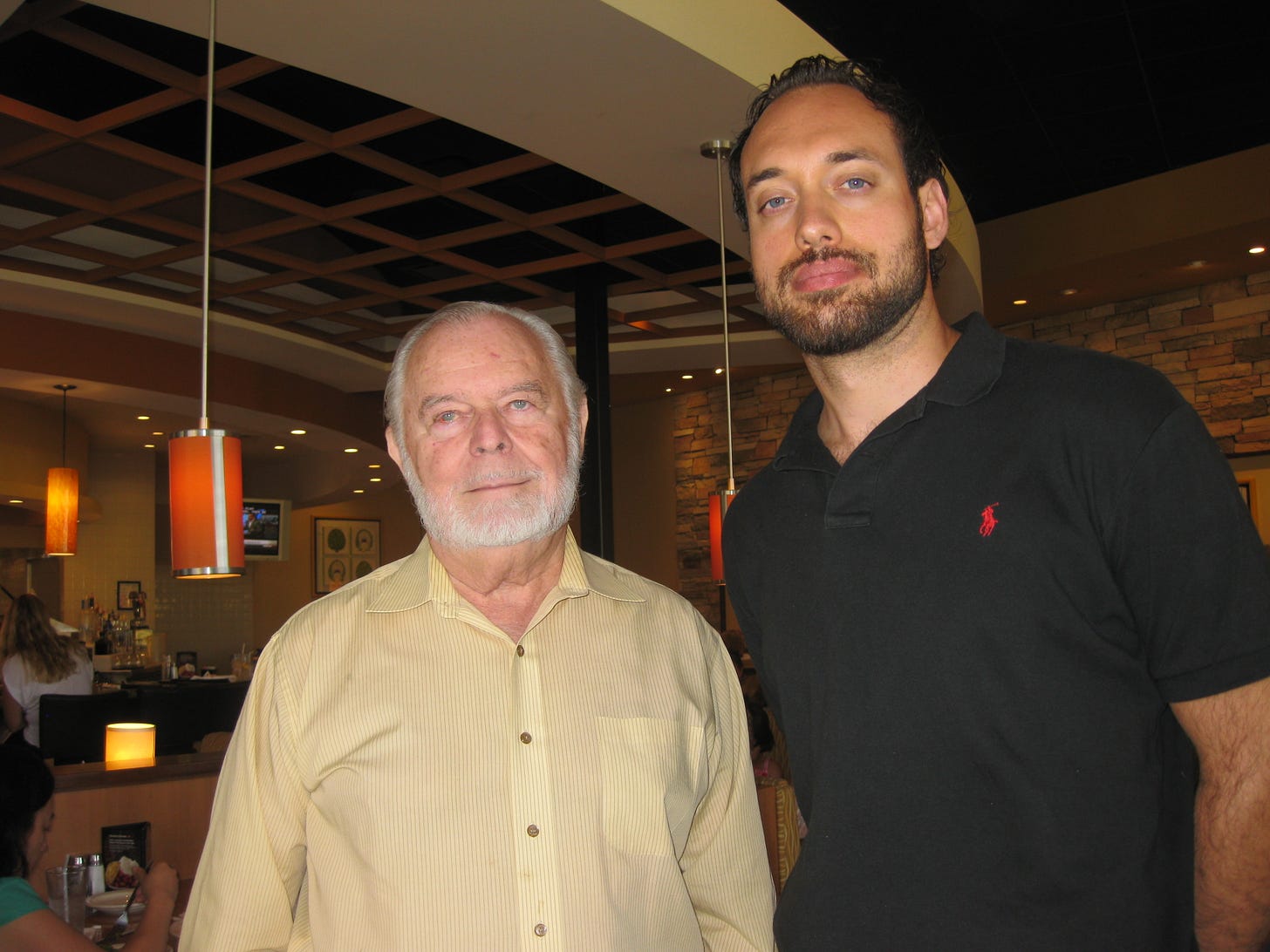
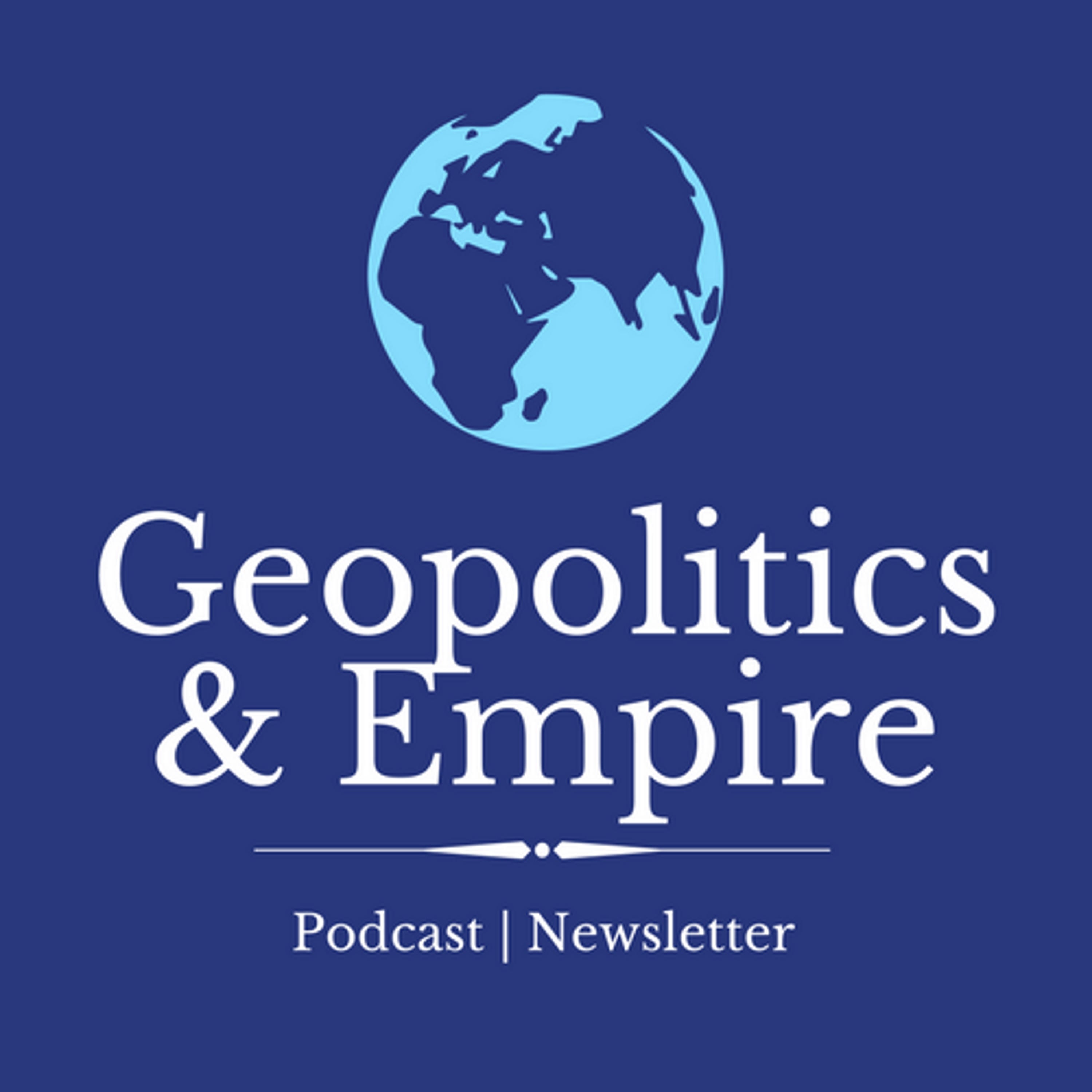
Here is my 2022 interview and transcript download with Hrvoje:
COVID-19 is a war measures program in the shadow of the US-China conflict
https://denisrancourt.ca/entries.php?id=108&name=2022_01_12_covid19_is_a_war_measure_for_population_control_in_shadow_of_us_china_conflict_transcript_geopolitics_amp_empire
Fantastic interview!!! 🙌